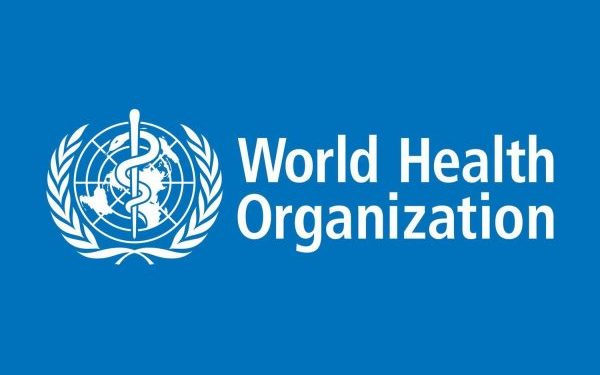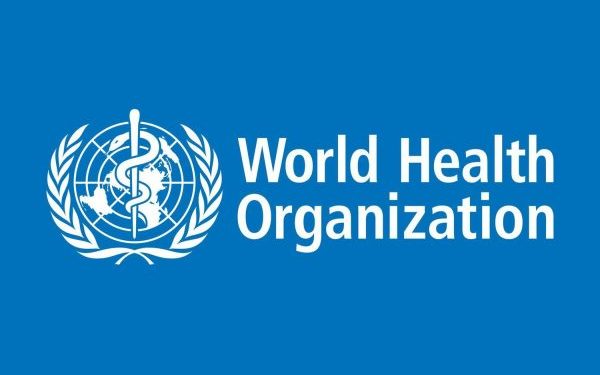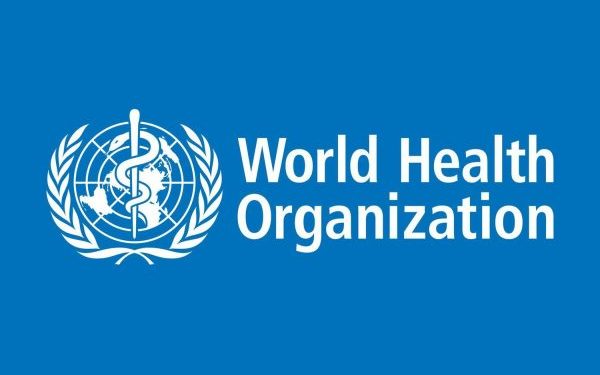WHO recommends Paxlovid COVID-19 drug , urges transparency around pricing
The World Health Organisation (WHO) has announced that it strongly recommended use…
3.5m people in Western Pacific die each year due to climate crisis – WHO
Around 3.5 million people in the Western Pacific die each year as…
Large percentage of world population breathes polluted air-WHO
The UN medical scientists have claimed that a large percentage of the…
WHO calls for quality care for women, newborns in critical first weeks
World Health Organisation (WHO) has launched its first global guidelines to help…
Be more sensitive to food, drinks Nigerians consume, Heart Foundation begs Govts
The Nigerian Heart Foundation (NHF) has urged governments to be more sensitive…
WHO marks 2 years of declaring COVID-19 pandemic
World Health Organisation (WHO) says almost 500 million people have been infected…
WHO says 9 killed in 16 attacks on Ukraine medical facilities
The World Health Organization has confirmed at least nine people had died…
Russia-Ukraine conflict could increase numbers of severe COVID-19 disease – WHO
The World Health Organisation (WHO) warned that the ongoing Russia-Ukraine conflict was…
Ukraine: Oxygen shortage scares WHO
World Health Organisation (WHO) has warned that shortage of oxygen in Ukraine…
COVID killed 34,000 persons in North America last week – WHO
North America recorded more than 34,000 COVID-19-related deaths last week, according to…








